In the past, Oracle used to publish an executable installers for Windows that would:
- Unpack files
- Add registry keys indicating the installed version and path
- Add the JRE to the system PATH
- Register an uninstaller with Windows.
As of Java 11, the Oracle's free version of Java (Oracle OpenJDK) doesn't seem to include an installer. It is just a zip file containing the binaries.
How are we supposed to install OpenJDK 11 on Windows seeing as the aforementioned integrations are no longer there? Aren't they necessary?
